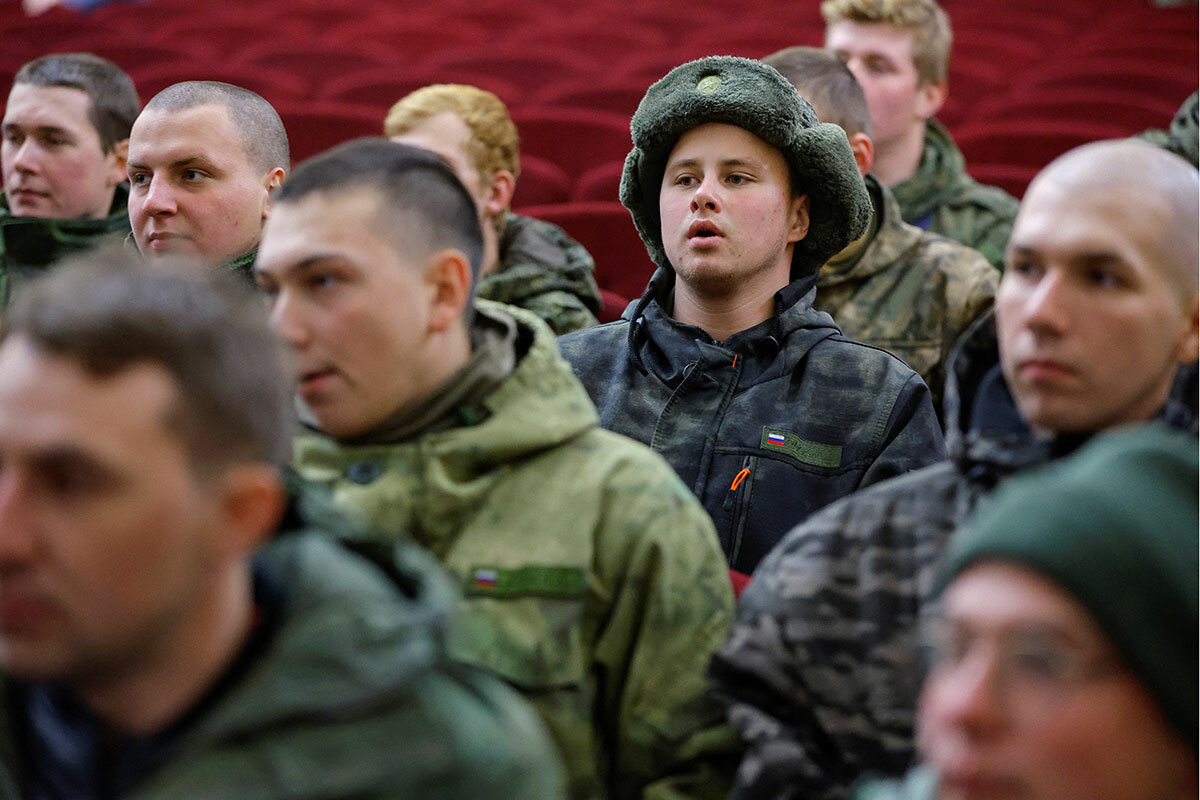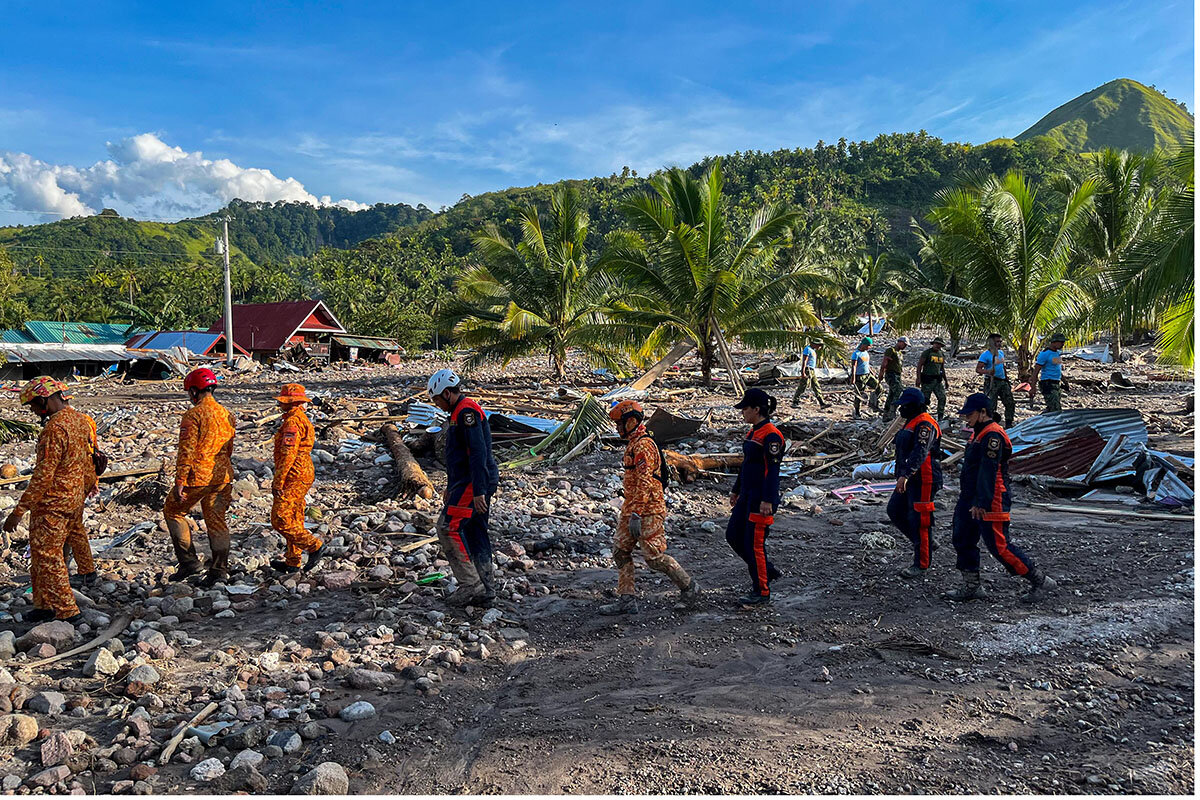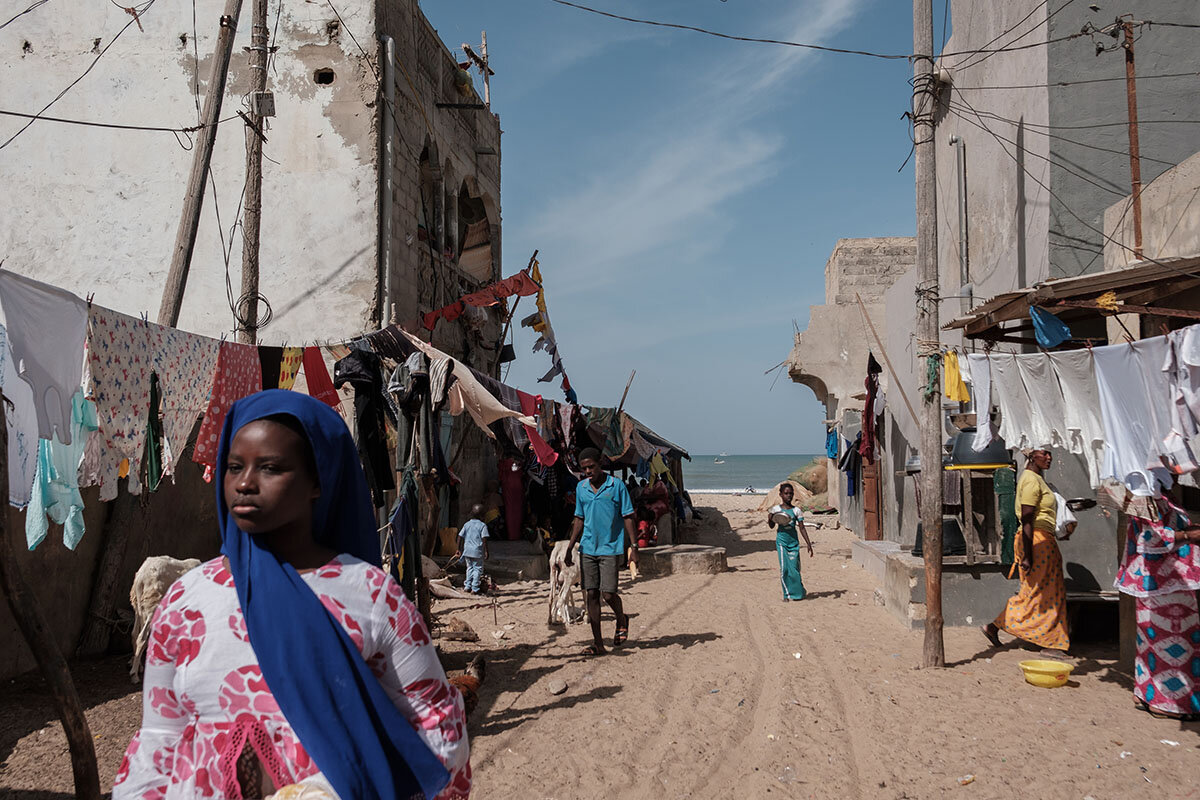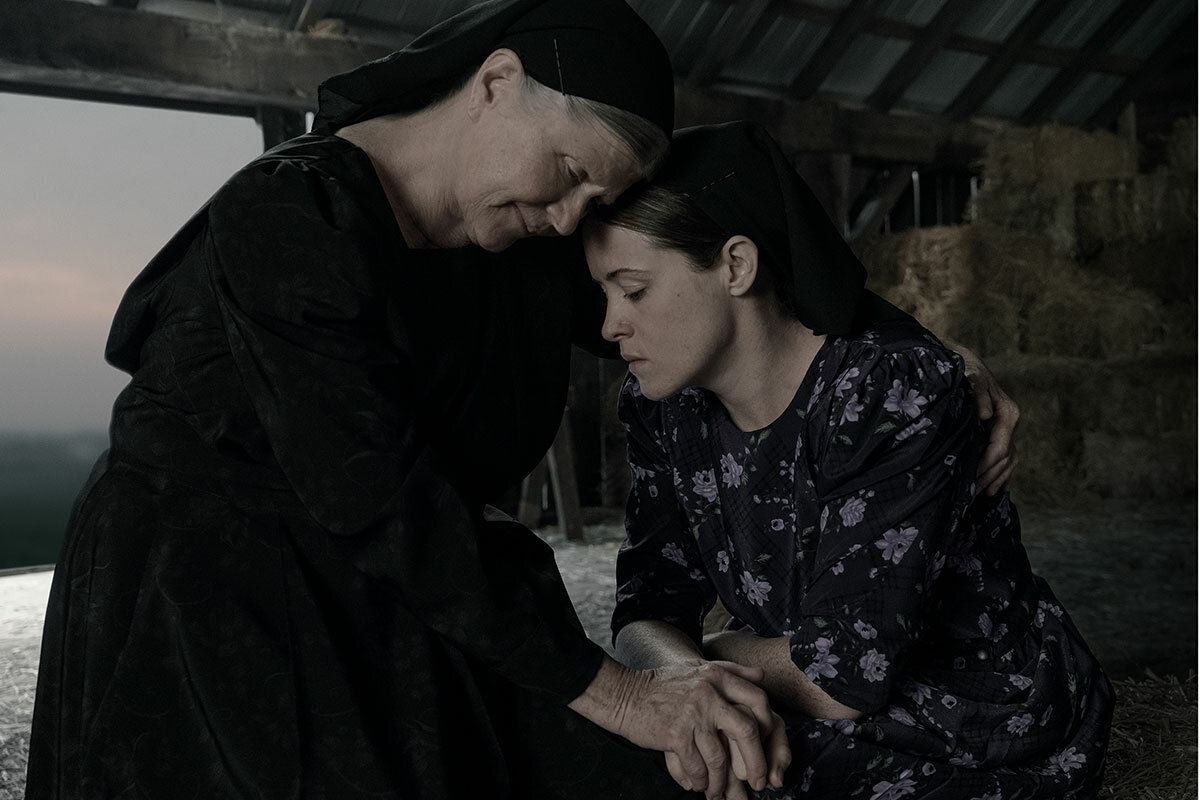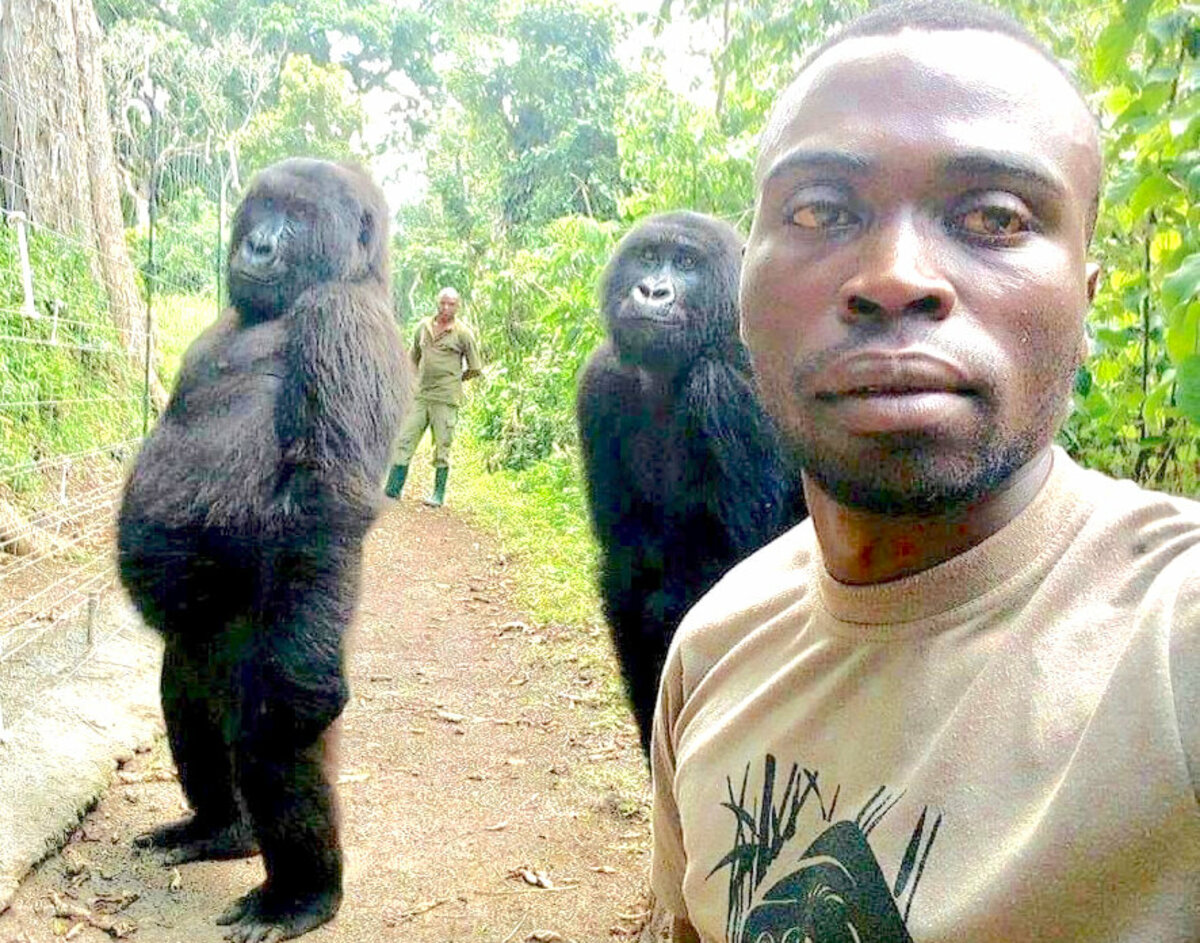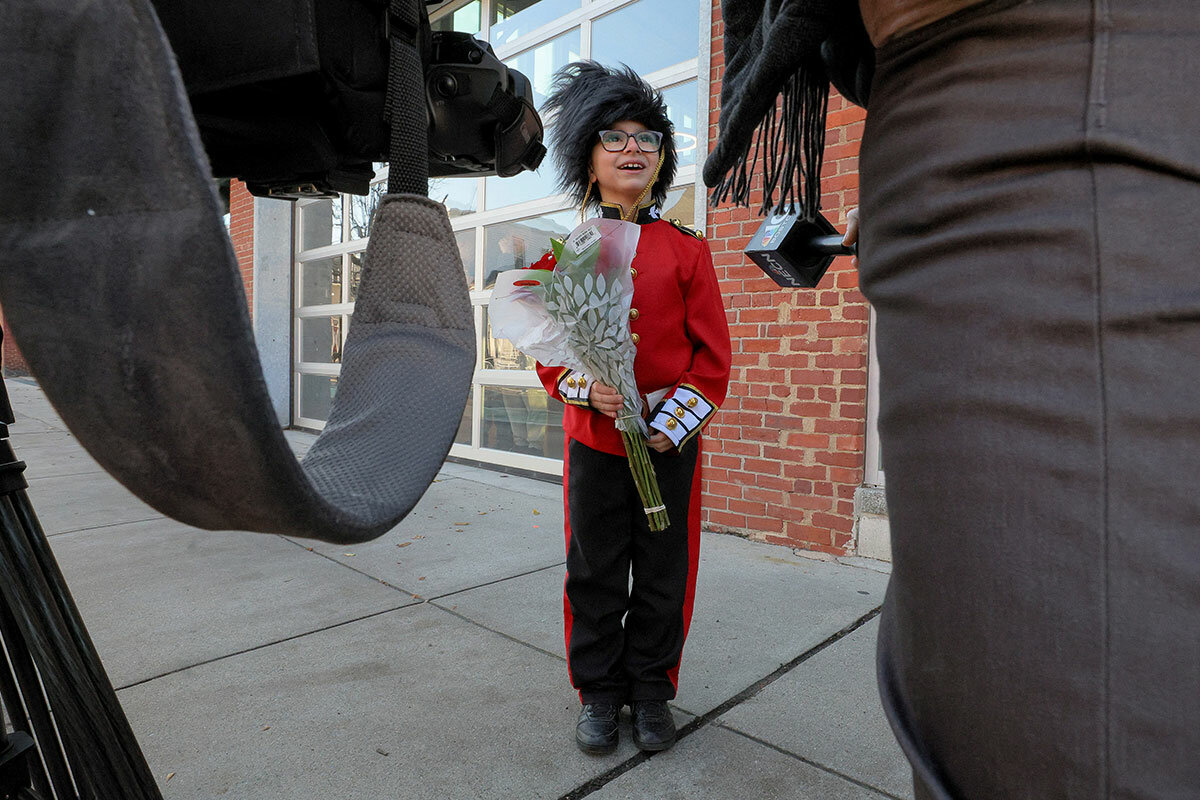The EU is wrestling with a dilemma: to allow Russians continued access to Europe, letting them escape consequences of Putin’s war, or to cut them off, and risk losing them as potential allies in Russia.
Monitor Daily Podcast
- Follow us:
- Apple Podcasts
- Spotify
- RSS Feed
- Download
 Amelia Newcomb
Amelia Newcomb
As the year closes, Fahad Shah, editor of The Kashmir Walla newspaper and a Monitor correspondent who was arrested in February, remains in jail. His colleagues advocate relentlessly for his release, their efforts a window on how capricious tactics by officials can strain a publication’s resources – and, all importantly, test their perseverance.
Next week, on Dec. 9, a bail hearing in one of Mr. Shah's ongoing cases will be heard in a Jammu court. It is notable for one significant difference from earlier ones.
Mr. Shah has repeatedly been granted bail, only to be rearrested. Technical delays by the state have frustrated efforts to make progress. Investigations have not been concluded; charge sheets have not been completed. The courts have responded leniently to missed deadlines. Meanwhile, Mr. Shah has been moved repeatedly; he is being held in a jail in Jammu, far from visitors who could ease the strains on his physical and mental health.
But in next week’s hearing, a judge will have a charge sheet in hand, as well as results of a completed investigation. One week later, another hearing will examine the merits of the charges. In the same week, there will be yet another hearing about Mr. Shah’s incarceration under “preventive detention,” in which the state may hold someone for up to two years without charges.
The Kashmir Walla staff members operate under sustained pressure. There’s the challenge of pursuing honest, brave journalism. There’s the need for financial support, including subscriptions, a modest amount of which keeps the doors open. Their work is a testament to what’s involved in raising voices and shedding light on injustice in Kashmir and more broadly. As press freedom organizations and others continue to advocate for Mr. Shah’s release, we too can remember the need to strengthen free voices in a world where efforts to shut them down intensify daily.




